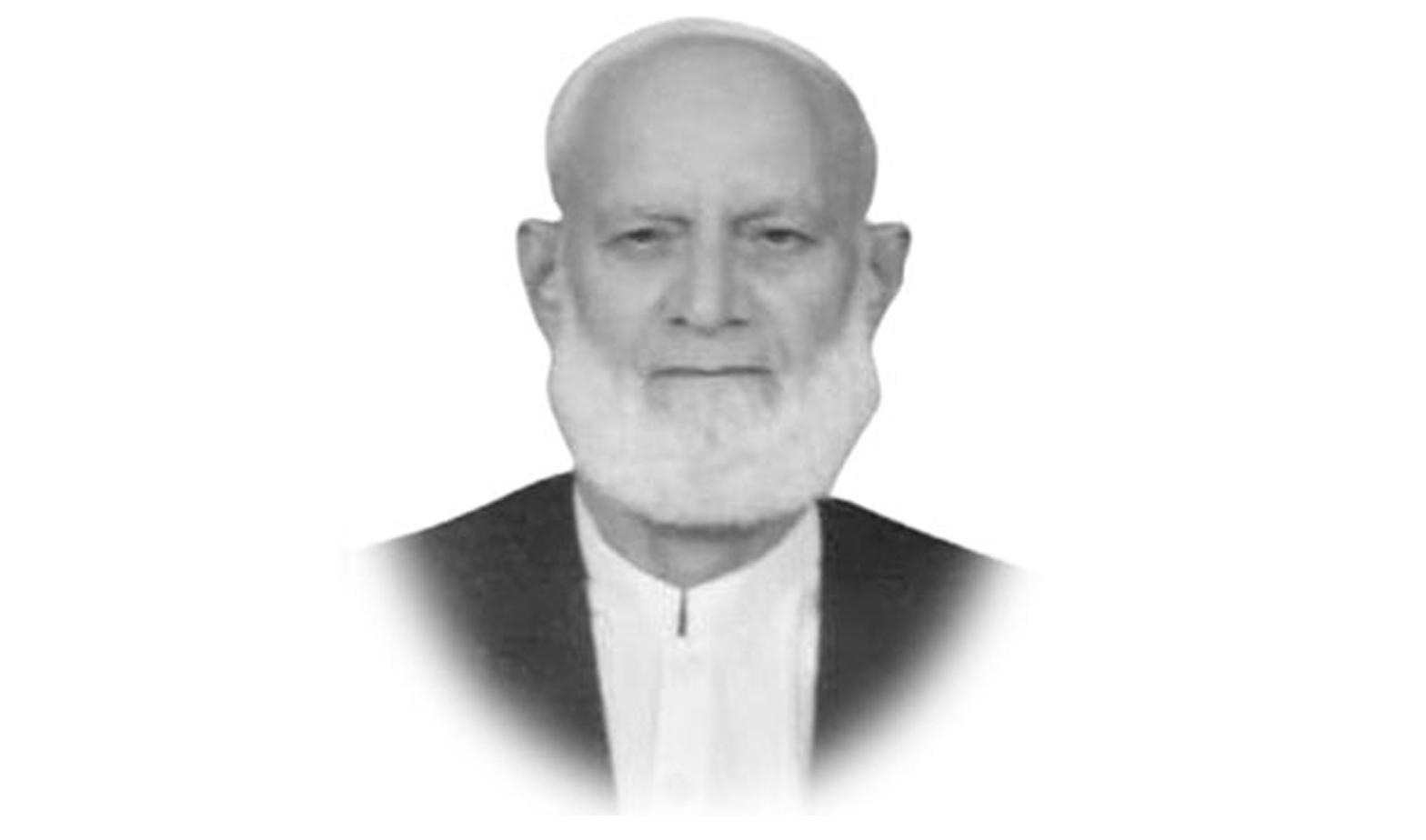Chaudhry Muhammad Latif
Most of the financial policies of the country including AJK and GB originated, formulated and enforced by the Federal Finance Department, Islamabad. These financial policies are invariably adopted by the provinces, AJK and GB. As the Federal Finance department has no offices in the rural areas therefore they do not get feedback on their policies in rural areas. So they are not abreast of the difficulties and disorders generated by their policies in the rural and far flung areas of the country where the 80% of population lives. As such the unrealistic financial policies cause constant problems in rural areas and apparently it looks like penny wise pound foolish.
As AJK government follows federal fiscal policies, therefore, AJK Civil Servants are also affected by some faulty policies regarding rural and hard areas having tough terrain. In Azad Kashmir pay and other privileges of civil servants are determined on the basis of the principle of parity with Punjab.
The first and foremost problem of AJK civil servants posted in the far-flung and unattractive areas is their deprivation of Karnah Allowance. During winter Leepa valley is completely blocked by snow fall and the only way out is the Army Helicopter facility extended by the local army authorities on compassionate grounds. In Iran, our near and dear brother country, their medical staff opt for posting in rural areas due to the substantial amount of rural area allowance.
Before 1947, at the time of liberation of AJK civil servants posted in Karnah area were granted a special allowance of Rs. 50 called Karnah allowance. Karnah allowance at a rate of Rs. 50/- continued up to the year 1990, then it was revised to Rs. 100/- per month and now it is Rs. 200 to every civil servant posted from outside. Hill allowance was also freezed in 1996 should be restored. The Karnah allowance has to be increased commensurate with present salary structure and obtaining hardships faced by the civil servants posted there.
Second and strange financial disparity is that in urban areas house rent is 45 % of pay whereas in rural areas it is only 30 %.
Logic and justice demands that if not more as an incentive atleast house rent must be equalized for the civil servants posted in rural areas. Further there is also a big city allowance. The situation seems unreasonable and unfair for which financial policy makers need to attend to the genuine demand of the civil servants posted in rural areas and also for the benefit and development of rural population.
As a consequence, there is absenteeism in rural areas in schools and medical units. There is a severe problem of the on duty system whereby civil servants are attached in urban areas drawing their salary against their rural area post. In schools the teachers engage unqualified local teachers in rural areas and pay them petty compensation and thereby impair the quality of education. It also results in litigation in case of transfer from urban areas to rural areas as the transfer results in reduction of amount of emoluments. Buildings and offices built in rural areas for the health staff and education employees have gone waste. There are ghost schools also. Instead of extending incentives the staff posted in rural areas are penalized and consequently the rural population suffers from the non-availability of essential facilities.
So it is imperative for the Finance Secretary of AJK to take up the matter with the Federal Finance Department. The Inspector General of Police, a lent officer, however enjoys an admirable reputation in AJK as there is the lowest crime rate and the area is an island of peace highly conducive for tourism. The intelligence agencies of the base camp have all along been vigilant and efficient. So tourism could flourish hence if government staff in rural areas are adequately paid to their satisfaction. At present, how the civil servants posted in hard areas are subjected to physical and mental torture would be evident from one concrete example of one adhoc lady lecturer Mrs. Sumaria Kashif posted in Girls Degree College Leepa. She is resident of Muzaffarabad city and was appointed adhoc lecturer on June1st, 2010, and posted in Authmaqam for seven years, transferred to Kohi Ratta for 3 years and further posted to Girls Degree College Leepa for 2 years up to date). She is B.S in computer science with Silver Medal, M.Ed First division with advanced diploma in computer science. Her result for 12 year has been 100 percent. She qualified for the Public Service Commission written test in 2019 and placed 3rd in top three. As per their practice the PSC called up only top two for interviews and she could not be called for an interview. Despite 12 years meritorious adhoc service, Silver Medal, and cent per cent annual results. She is worried about her service career.
This example shows the failure of supervision of the education department at the secretariat level.
Inequitable representation of different departments like education, forest and public works at secretariat level exhibits some administrative difficulties along with financial disparities.
The writer is Retired Additional Chief Secretary of AJK and advocate of the Supreme Court of AJK.

















